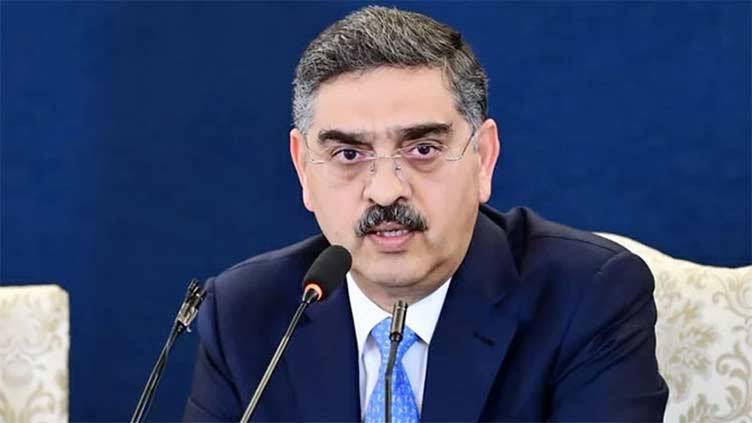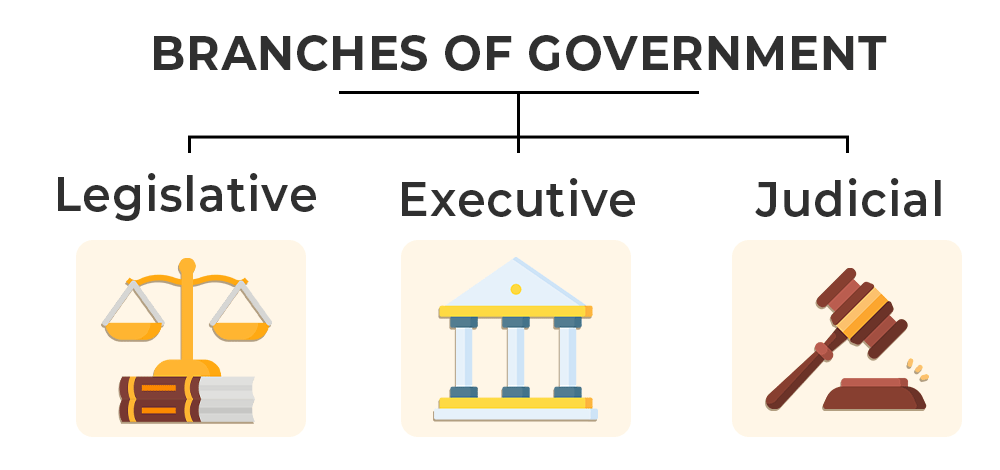Munir baloch
Prime Minister Kakar’s press conference regarding the situation in Balochistan raises several critical points that demand in-depth analysis. While addressing concerns about police action against protesters and accusations of Indian interference, his statements reveal both valid anxieties and potentially problematic narratives.
On the one hand, Kakar’s acknowledgement of the tragic police action against Baloch protesters in Islamabad is a welcome step. Recognizing the unwarranted use of force is crucial for accountability and building trust. However, his subsequent comparison of water cannons to the Israeli bombardment of Gaza is not only insensitive but also misleading. Such an inflammatory analogy only serves to escalate tensions and minimize the complexities of the Balochistan conflict.
Furthermore, blaming the entire Baloch community for the actions of militant outfits is unproductive and harmful. Kakar’s claim that 98% of Baloch are with the country paints a simplistic picture, ignoring the region’s nuanced spectrum of opinions and experiences. Such generalizations fuel resentment and alienate those who have legitimate grievances with the state.
Equally concerning is the assertion that families of missing persons who protest are linked to terrorism. While acknowledging the right to protest, Kakar suggests their dissent stems from support for militant activities, creating a false dichotomy between activism and loyalty to the state. This risks stifling legitimate voices and further marginalizing a community already facing severe human rights concerns.
The question of Indian involvement in Balochistan needs careful consideration. While accusing foreign actors of fueling unrest is a familiar trope, such allegations require concrete evidence and avoid politicization. Blanket accusations risk jeopardizing diplomatic relations and overshadowing the internal factors contributing to the conflict.
Instead of simplistic scapegoating, Kakar’s focus should be on addressing the root causes of Baloch alienation. This includes historical marginalization, economic development disparity, and ongoing human rights abuses. Open dialogue with Baloch representatives, addressing genuine grievances, and ensuring transparency in investigations into missing persons are crucial steps towards building trust and finding a lasting solution.
Kakar’s comments also highlight the complexities surrounding accountability within the criminal justice system. His claim that few perpetrators of violence in Balochistan have been convicted raises serious concerns about the rule of law in the region. Addressing this issue requires a comprehensive approach that focuses on strengthening judicial institutions and ensuring due process for all.
Lastly, Prime Minister Kakar’s press conference presents a mixed bag of acknowledgements, accusations, and problematic comparisons. While recognizing the need for accountability and addressing police excesses is commendable, resorting to oversimplifications and unsubstantiated claims only obfuscates the complex realities of Balochistan. The path forward lies in genuine dialogue, addressing grievances at their root, and ensuring justice for all, not in perpetuating cycles of mistrust and blame.
The real challenge lies in acknowledging the legitimate grievances of the Baloch people and addressing their concerns about resource distribution, political marginalization, and human rights abuses. Instead of resorting to accusations and heavy-handed tactics, the government must engage in meaningful dialogue and address the root causes of the conflict.
In conclusion, Caretaker PM Kakar’s press conference, while attempting to address the complex issues surrounding Balochistan, ultimately fails to offer a nuanced and empathetic understanding of the situation. His reliance on unsubstantiated claims, the conflation of dissent with terrorism, and selective outrage only exacerbate the divisions within the region. Moving forward, a genuine commitment to addressing the grievances of the Baloch people, coupled with a shift from accusatory rhetoric to open dialogue, is crucial for achieving lasting peace and stability in Balochistan.
Please, subscribe to the YouTube channel of republicpolicy.com

















